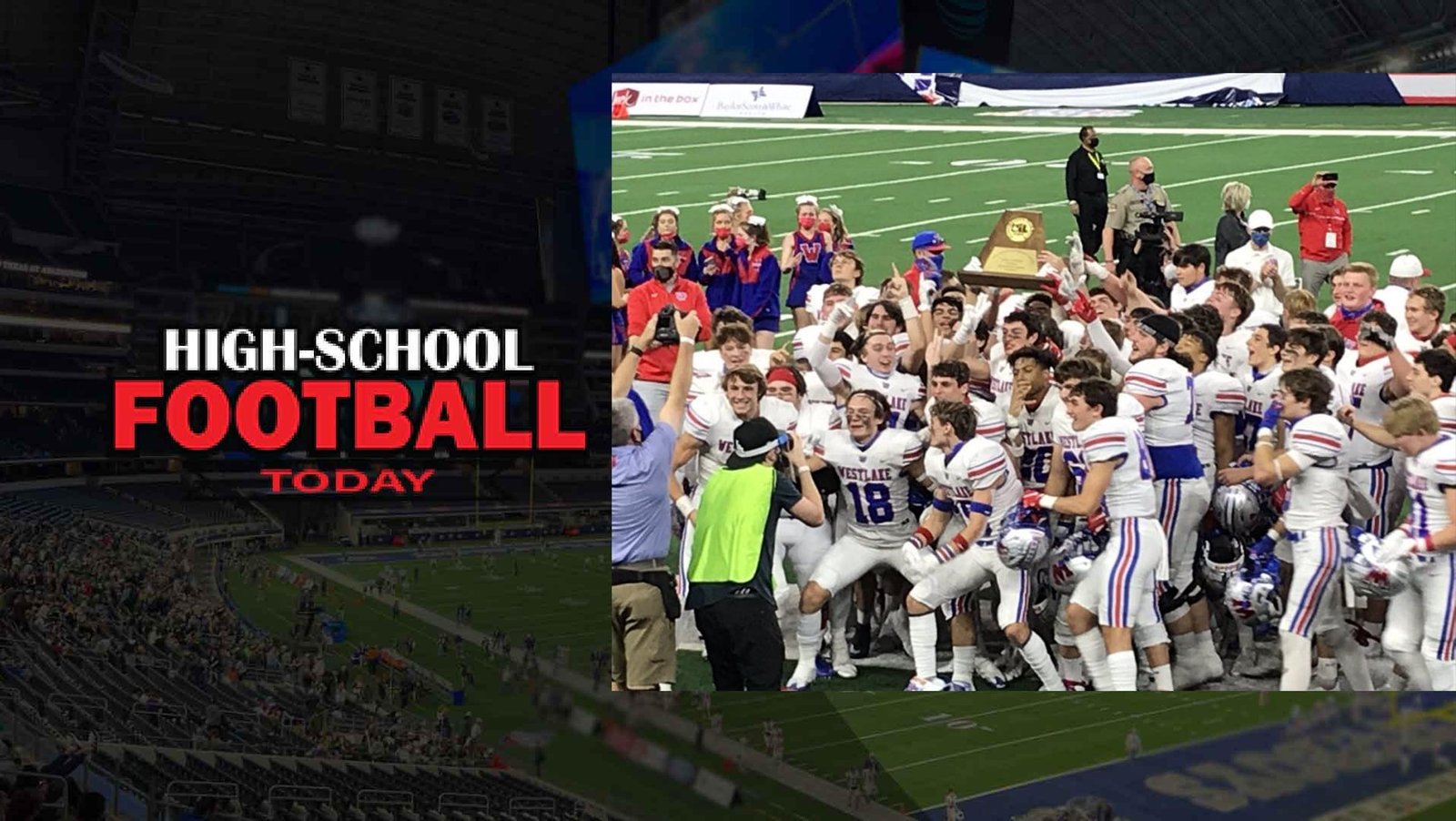High school football is more than just a game; it’s a cultural phenomenon that brings communities together and fosters camaraderie among teammates. Celebrations play a significant role in the sport, as they showcase players’ passion and excitement on the field.
In this article, we will explore the topic of celebrations in high school football – are they allowed, what are the limits, and how can players express themselves while still respecting the rules and their opponents.
The Rules Surrounding Celebrations in High School Football
While celebrations are an integral part of football, there are specific rules and regulations in place to ensure that they remain respectful and sportsmanlike. The National Federation of State High School Associations (NFHS) sets the guidelines for high school football in the United States, and their rules address the issue of celebrations.
Unsportsmanlike Conduct
According to the NFHS, unsportsmanlike conduct penalties can be called for excessive celebrations, taunting, or other disrespectful actions during a game. Such conduct can result in a 15-yard penalty against the offending team, and in some cases, the player may also face ejection from the game.
Some examples of actions that may be considered unsportsmanlike conduct include:
- Prolonged or excessive celebrations, such as dancing, choreographed routines, or excessive use of props
- Taunting or trash-talking directed at opponents, coaches, or officials
- Obscene gestures or language
It’s essential for high school football players to be aware of these guidelines and to exercise restraint in their celebrations to avoid penalties and maintain good sportsmanship.
Finding the Balance: Expressing Emotion While Respecting the Game
While there are rules in place to prevent excessive celebrations, there is still room for players to express their excitement and passion for the game. The key is to strike a balance between genuine emotion and respect for opponents and the sport itself. Here are a few tips for players looking to celebrate appropriately on the field:
Keep It Short and Sweet
Brief and spontaneous celebrations are generally acceptable, as they show excitement without crossing the line into unsportsmanlike conduct. For example, a quick fist pump, high-five, or chest bump with a teammate can be a suitable way to celebrate a big play without drawing a penalty.
Focus on Team Success
One way to ensure that celebrations remain within the bounds of good sportsmanship is to focus on team accomplishments rather than individual achievements. By sharing the excitement with teammates and acknowledging their contributions, players can create a positive atmosphere that promotes unity and sportsmanship.
Avoid Taunting and Disrespectful Behavior
It’s crucial for high school football players to remember that the primary goal of celebrations is to express joy and enthusiasm, not to demean or belittle opponents. By avoiding taunting and other disrespectful actions, players can celebrate their successes while still upholding the values of sportsmanship and fair play.
The Impact of Celebrations on High School Football Culture
When executed within the guidelines set forth by the NFHS, celebrations can have a positive impact on the high school football experience. Here are a few ways that appropriate celebrations can contribute to the sport’s culture:
Boosting Team Morale
When players celebrate together, it can strengthen team unity and boost morale. This camaraderie can be invaluable during close games or when facing adversity, as it can help players maintain a positive attitude and stay focused on the task at hand.
Showcasing Passion for the Game
Football is a game of emotion, and celebrations are one way that players can express their passion and love for the sport. When executed respectfully, these displays of emotion can add excitement and energy to the game, both for the players and the fans in the stands.
Engaging the Community
Exciting and emotional moments on the field can create lasting memories for players, families, and fans alike. When players celebrate appropriately, it can help generate enthusiasm and support from the local community, fostering a sense of pride and unity around the high school football program.
The Role of Coaches and Parents in Encouraging Good Sportsmanship
Coaches and parents play a crucial role in promoting good sportsmanship and guiding players on how to celebrate appropriately. By setting clear expectations and modeling respectful behavior, adults can help young athletes understand the importance of sportsmanship and the boundaries of acceptable celebrations.
Coaches: Setting the Tone
Coaches should discuss the rules surrounding celebrations with their players and emphasize the importance of respecting opponents, officials, and the game itself. By establishing a team culture that values sportsmanship, coaches can help ensure that their players celebrate in a manner that reflects well on themselves and their team.
Parents: Supporting Positive Behavior
Parents can also contribute to a positive football environment by encouraging their children to display good sportsmanship on and off the field. By reinforcing the messages delivered by coaches and emphasizing the importance of respect and fair play, parents can help their children develop the character traits necessary for success in football and beyond.
Conclusion: Celebrating Responsibly in High School Football
In conclusion, celebrations in high school football can be an essential aspect of the game, allowing players to express their passion and excitement while creating memorable moments for the entire community. However, it’s crucial for players to understand the rules and guidelines surrounding celebrations to avoid penalties and maintain good sportsmanship.
By keeping celebrations brief, focusing on team success, and avoiding disrespectful behavior, high school football players can strike the right balance between expressing their emotions and respecting the game. With the support of coaches, parents, and the broader community, appropriate celebrations can contribute to a positive and enjoyable high school football experience for all involved.

